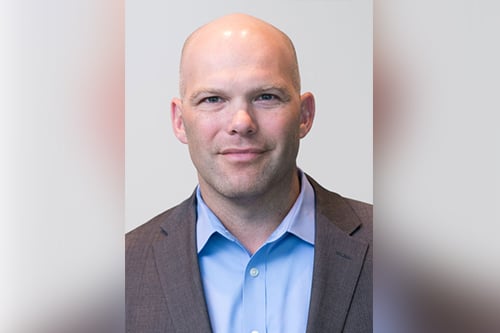

Digital marketing is table stakes in the insurance industry today. As consumers continue their mass migration towards online channels, they’re expecting on-demand digital experiences when transacting their insurance business. Firms that fail to tap into this digital trend are at risk of losing touch with today’s consumer.
The good news is that insurance companies are acknowledging this trend. Digital advertising spend has grown significantly in recent years, with firms either shifting dollars over from other marketing channels or applying net new dollars to digital projects.
“People like digital advertising because there is linear accountability in the spend. They spend X dollars on a campaign, and that causes Y to happen. Perhaps it makes a consumer fill out a form saying they’re looking for an auto insurance quote, which an agency can then follow-up on and turn into new business. There’s very linear accountability in the digital advertising ecosystem between what was spent and what the outcomes are,” explained Joe Marinucci (pictured), CEO of Digital Media Solutions (DMS), a leading digital marketing firm in the US.
Insurance is a leading advertising vertical in the US, representing almost $8 billion in ad revenue in 2018. To tap into this further, DMS recently acquired insurtech company UE.co, as well as its ZipQuote and Comanche click platform. The acquired brands will join the newly created DMS Insurance brand, a division of DMS, which will be focused on enhancing the digital performance marketing needs of US insurers and agents.
“Consumers today want maximum optionality and they want to make the most informed decision in the shortest amount of time possible. They often view insurance as a commodity (especially things like home and auto insurance) and they don’t want to pay lots for it if they don’t have to,” Marinucci told Insurance Business. “Insurers are some of the most sophisticated markets out there. They know what consumers want and their marketing messages are fuelling that. They’re almost creating their own customer churn by telling consumers: ‘Switch and save!’ or ‘Pay as you go!’ and so on. Insurance marketers know their KPIs and they have systems in place to measure against them.
“So, you’ve got consumers that want maximum optionality and speed, and you’ve got insurers who are going to deploy dollars to tap into that. At DMS, we have traditionally sat in the middle as a MarTech powered platform making that connection. Before acquiring UE.co, we didn’t have an end-to-end insurtech solution to work directly with insurers. We were more of a distribution outlet enabling people to tap into connectivity with consumers. Now we’re involved from the top of the funnel all the way down to the bottom, and we can make that connection with the insurer.”
Digital marketing is not exclusive. It’s not just a tool for deep-pocketed national carriers; it’s something even the smallest independent agencies can and should tap into, according to Marinucci. At its core, insurance is a people business which is facilitated by connections. Today, more often than not, consumers want to make their initial contact with an insurance product, solution or a professional via a digital channel like a website or an app. It’s important for insurance companies of all shapes and sized to recognize that.
“Insurance agents, for example, are looking to make a connection with somebody that has an interest in a product or a service,” said Marinucci. “If somebody in their geographic area is out there shopping for insurance, and the first step they took was to do a quick search online rather than visiting the local agency in town, agents should be in a position where they can compete for that consumer. They can do that through digital marketing. It’s completely doable all the way down to rural, one-location agencies.”
Another huge benefit of digital insurance marketing is the speed and efficiency with which agents can process requests. They can receive forms in real-time and can call a consumer back within minutes. As Marinucci pointed out: “Time is a really important part of this equation. People are sensitive. They want what they want when they want it – so the speed at which insurance professionals process requests is going to be critically important moving forwards.”
